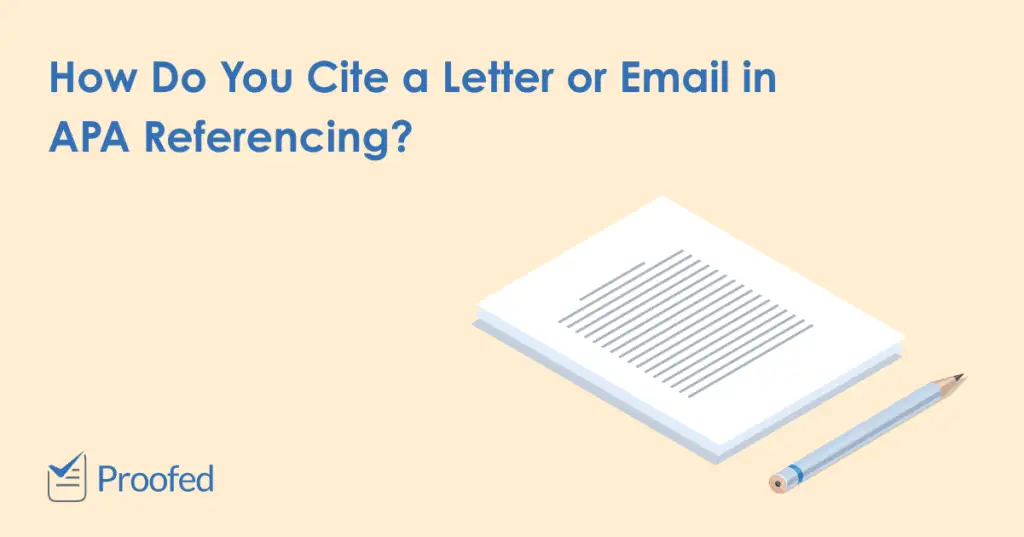Printed books and journal articles are fine. But what if you’ve contacted someone to ask a question and you want to include the answer in your work? How do you cite a letter or email? In APA referencing (7th edition), the answer is to cite it as personal correspondence.
What Counts as Personal Correspondence?
First, we should clarify what we mean by ‘personal correspondence’ (or ‘personal communications’, to use the term favoured by the Publication Manual of the American Psychological Association).
The key here is that personal correspondence is not publicly available. This contrasts with published sources, such as a book. For example, even if a book is out of print, it was available to the public at some point. But a personal letter may only be seen by its recipient, so it is personal.
Common examples of personal communications include:
- Personal letters and emails
- Phone or face-to-face conversations
- Memos and other internal communications
- Private social media exchanges
On that final point, social media is only personal correspondence if it is private (e.g. a direct message on Twitter or a post in a private, closed group on Facebook). If a social media post is available to the public, you can reference it as social media in citations and the reference list.
Citing a Letter, Email or Other Personal Communication
To cite personal correspondence in APA referencing, give the communicator’s initial and surname, the phrase ‘personal communication’, and the date of the correspondence in brackets like this:
He has since claimed to regret his tone during the phone call (B. Smith, personal communication, 4 December 2019).
Find this useful?
Subscribe to our newsletter and get writing tips from our editors straight to your inbox.
Here, for instance, we’ve cited a personal communication from B. Smith that was sent on 4 December 2019. If we named the sender in the text, though, we’d omit this from the brackets to prevent repetition:
Brian Smith has since claimed to regret his tone during the phone call (personal communication, 4 December 2019).
You will need to do this each time you cite a personal communication.
Personal Correspondence in an APA Reference List
Since personal correspondence is not publicly available, you will not need a reference list entry. This makes it especially important to cite personal communications clearly in the main text.
Finally, don’t forget to have your work proofread! We have people ready to help with your academic writing, so why not submit a document today?



